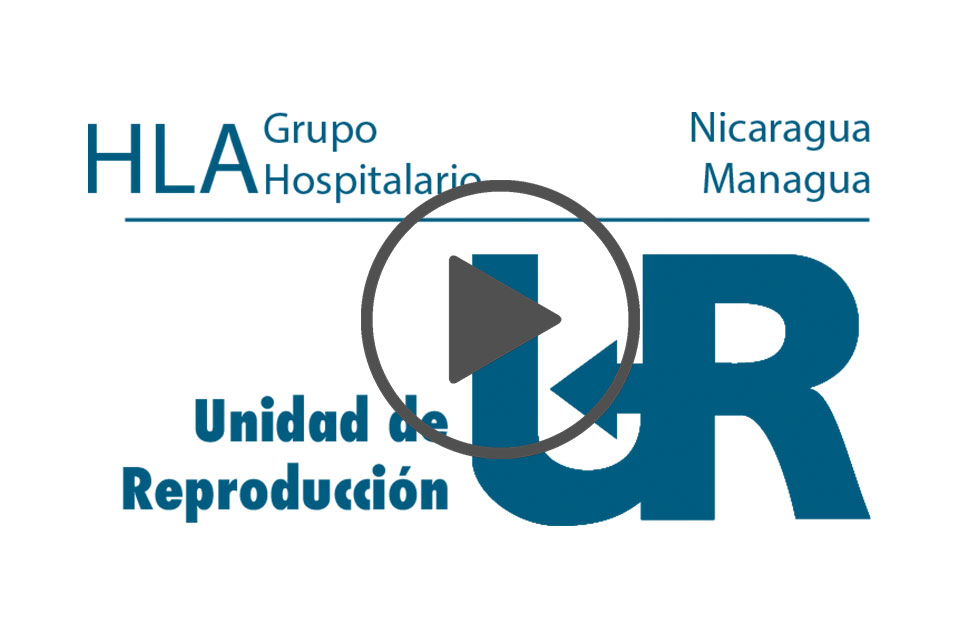ALPHA-THALASSEMIA
This is a hereditary hemoglobinopathy produced by a failure in the synthesis of the globin-alpha chains and resulting in different clinical pictures of hemolysis depending on the number of alleles affected.
BETA-THALASSEMIA
It is characterized by Beta+ deficiency, or Beta-0 absence, of the synthesis of hemoglobin (Hb) beta globin chains. There are three main forms of BT: Minor, Intermediate and Major.
- Minor Thalassemia (BT-minor, BT trait) is the heterozygous form, it is generally asymptomatic.
- Thalassemia major or Cooley’s anemia; BT-major, is the homozygous form and it is associated with splenomegaly, microcytic-hypochromic anemia as a result of hemolysis and dyserythropoiesis.
- Thalassemia intermediate (BTI), the anemia is less severe. It is diagnosed at a later age in relation to the BT major.
Patients with BTIs may or may not need occasional transfusions. Complications that may aggravate the course of BTI are hypersplenism, cholelithiasis, extramedullary hematopoiesis, thrombotic events and hemosiderosis.
CELIAC DISEASE
This pathology is related to the malabsorption of gluten, causing digestive problems in patients. The test consists of the study of the HLA-DQ2 and the HLA-DQ8 genes that allow to determine a genetic predisposition in carriers.
FETAL ANEUPLOIDIES
Fetal aneuploidies are produced by the number of affected chromosomes, which produce congenital diseases that can cause perinatal mortality and child disability. This study is one of the most frequent indications for prenatal diagnosis by means of amniocentesis or chorionic villus sampling. The diagnosis consists of the analysis of the fetal cells-chromosomes found in the amniotic fluid or chorionic villi.
QF-PCR is one of these techniques and is based on a polymerase chain reaction (PCR) which consists of the amplification of repetitive genomic sequences (more specifically, of highly polymorphic STRs, and therefore highly informative) located on the chromosomes of interest. The number of alleles per chromosome and the relative fluorescent intensity are analyzed, allowing to identify the number of chromosomes present per cell.
THROMBOPHILIAS
The diagnosis of thrombophilias is obtained by looking for genetic variants such as Leiden’s Factor 5, Prothrombin or Factor 2, Factor 12 and MTHFR that are related to blood hypercoagulability with predisposition to deep vein thrombosis. The population affected with variants of these genes may have a risk up to 50-100 times greater than the control population.
CYSTIC FIBROSIS
It is a disease of genetic origin characterized by the production of sweat and secretions of mucous membranes with a high content of salts with an abnormal viscosity. It is of chronic and progressive evolution, it usually appears during the early childhood or, more rarely, in birth that leads to a meconium ileus.
It can affect any internal organ, but mainly the respiratory system, causing chronic bronchitis, pancreatic insufficiency in the pancreas, adolescent diabetes, occasionally; pancreatitis and, more rarely; it can affect the intestine with obstructive symptoms or the liver with cirrhosis.
The most common CF picture is presented with respiratory symptoms, digestive problems such as steatorrhea and constipation and growth abnormalities.
Morbidity and mortality depend on the severity of the broncho-pulmonary involvement.
Male sterility is a frequent feature.
HEMOCHROMATOSIS
It is a disease in which patients absorb more iron than they need causing an accumulation of iron in the body which is stored in the tissues, mainly the liver, heart and pancreas.
The excess of iron damages the organs and without treatment it may cause multi organ failure.
Y-CHROMOSOME MICRODELETIONS
It is an important cause of male infertility recently described. Its study could explain the infertility of a large number of patients with severe azoospermia and oligozoospermia. The region involved in these pictures has been classically called AZF (azoospermia factor) which in turn has been divided into AZFa, AZFb and AZFc.
FRAGILE X SYNDROME
It is a rare genetic disease with mild to severe intellectual disability that is associated with behavioral disorders and characteristic physical traits.
GENETIC COMPATIBILITY TEST
It is a test that detects mutations in genes and chromosomes, which do not cause any disease in carriers, but can cause disease in offspring. Therefore, the test helps to have healthy children.
A single extraction is used to obtain a sample for two studies: a molecular study of 552 diseases. The molecular diseases studied are of recessive or X-linked inheritance. These are rare diseases that do not cause disease in the carriers, but there is a risk that they do in the offspring. Together these are a large number and can affect up to 1 in every 100 births.
HUMAN PAPILLOMAVIRUS – VPH
Human papillomavirus (HPV) infection causes warts on the skin and mucous membranes. Some types of HPV cause cervical cancer.
BREAST, OVARY AND PROSTATE CANCER
The hereditary factor for these cancers occurs in about 10% of the cases. Most cases of hereditary breast cancer are caused by pathogenic variations in the BRCA1 and BRCA2 genes. This study can be extended to other genes involved in hereditary breast cancer.
With the development of massive sequencing technology it is possible to study a wide range of genes involved in breast cancer by increasing the diagnostic performance, such as: BRCA1, BRCA2, PTEN, STK11, CDH1, ATM, BRIP1, CHEK2, PALB2, DAD51C, RAD51D, TP53.
LYNCH SYNDROME – COLON CANCER
In the Lynch syndrome the related genes are those genes responsible for the DNA repair, more specifically MLH1, MSH2, MSH6, EPCAM and PMS2. Carriers of pathogenic variations in these genes have a predisposition to develop colon cancer.
PREDISPOSITION TO DEVELOP FAMILIAL CANCER
Within these types of hereditary cancer, there are several such as: Familial Paraganglioma, Melanoma, Juvenile Gastrointestinal Polyposis, Fanconi Anemia, Hereditary Clear Cell Renal Carcinoma, Hereditary Paraganglioma-Pheochromocytoma, Multiple Endocrine Neoplasia, Schwannomatosis, Adult Hepatocellular Carcinoma, Osteosarcoma, Xeroderma Pigmentosum. The test allows us to analyze 94 oncogenic genes related to the predisposition to suffer several types of hereditary cancer.




